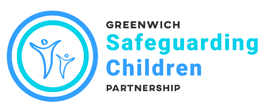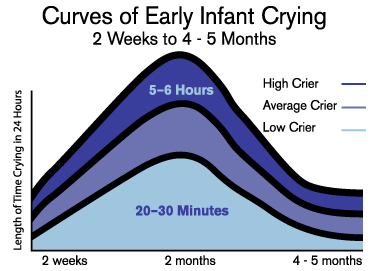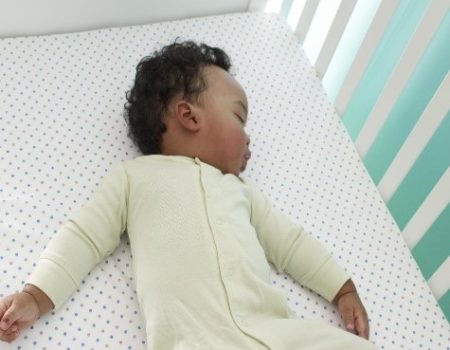Keeping Babies Safe
This page provides parents and carers with information, advice and access to further support in relation to coping with a crying baby and ensuring your baby is safe whilst sleeping. If you have any immediate concerns about your baby or your own mental or emotional wellbeing please contact your GP, Health Visitor or attend A&E in an emergency.
Coping with Crying
Babies cry for lots of reasons because their brains have not developed the circuits that allow self-control or understanding. Crying is a baby’s way of telling you something and it is meant to be upsetting for you to hear. This is nature’s way of making sure you pay attention. A crying baby can mean different things such as they are hungry, uncomfortable, tired but, babies sometimes cry for no reason at all. It can be incredibly upsetting and stressful for a parent or carer when a baby continuously cries after they have tried everything to settle the baby and it has not worked. It is important to remember that a baby will not hurt themselves by crying and the crying will eventually stop. At around 5 months of age, a baby’s cry becomes more purposeful which means the baby is more likely to be crying for a reason.
Coping with crying can be upsetting and frustrating especially when combined with other emotions that you may be feeling and a possible lack of sleep you may be experiencing – all things associated with having a new baby. It is normal to find this difficult and it is a good idea to seek support of a professional, family member, friend or another parent or carer. Talking about your experiences and seeking support for yourself and your baby is a positive thing to do and in no way means you have failed at being a new parent or carer.
The ICON website has further information and advice on coping with crying. Remember:
I – Infant crying is normal
C –Comforting methods can help
O – It’s OK to walk away
N – Never, ever shake a baby
To find parent/carer support groups and activities in your area visit the Greenwich Families Information Service website.
Safer Sleep
Following the advice and guidance for safe sleeping can reduce your baby’s risk of sudden infant death syndrome (SIDS) which is commonly known as cot death. Your Health Visitor, GP or Midwife can advise you on safe sleep including the correct positioning of your baby, room temperature, coverings such as blankets and co-sleeping.
Sleeping on a sofa with your baby increases the risk of Sudden Infant Death Syndrome (SIDS) by up to 50 times. You may not intend to sleep on the sofa with your baby –it is important to make a plan to prevent this from happening: GSCP Sofa Sleeping Awareness Advice 18 Feb 2021
The Lullaby Trust raises awareness of sudden infant death syndrome (SIDS), provides expert advice on safer sleep for babies and offers emotional support for bereaved families. For more information, read The Lullaby Trust’s Safer Sleep Guide for Parents/Carers.
The Lullaby Trust has developed Safer Sleep in Winter information and advice for parents and carers.
Useful Links
There is a lot of information available for parents and this can sometimes feel overwhelming. We have provided a few useful links below in addition to those mentioned above, which will take you to helpful and practice advice, information as well as give you access to contact details for support.
- The DadPad app is an easy-to-use, freely downloadable resource for new dads and dads-to-be. Read more here.
- Cry-sis started as a small group of parents, who were experiencing problems with their crying and sleepless babies and set up a support group. They discovered how important support is and how reassuring it can be to talk to someone. Today that support group is the only UK charity offering help and support to parents with babies who cry excessively or have sleeping problems. The Cry-sis website has lots of helpful information and advice for mums, dads and carers. Cry-sis have a helpline which is open 7 days a week between 9am and 10pm: 08451 228 669
- The NHS Baby Buddy app guides you through your pregnancy and the first 6 months following your baby’s birth. It is designed to help you look after your baby’s mental and physical health, as well as your own, and give your baby the best start in life.
- The NSPCC Baby Parenting Tips webpage has information and advice from getting babies to sleep, to managing stress. The page has tips and advice to help you through the early years.



